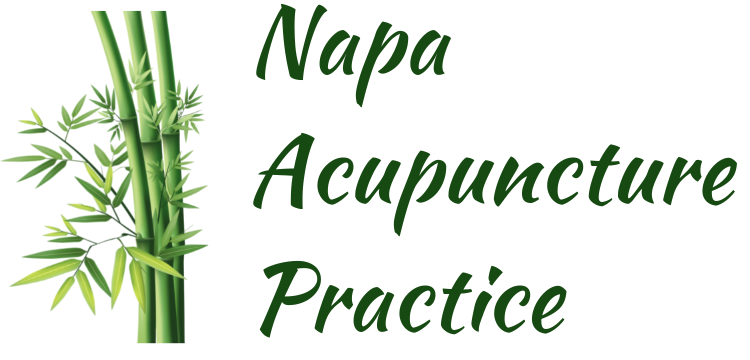Read up on our most frequently asked questions about acupuncture.
Can’t find your answer here? Please reach out to us with your questions.
-
Acupuncture is a method of healing that has been practiced for over 2,000 years. Acupuncturists consider the whole body, including emotions. Acupuncture uses hair-fine needles that promote circulation and microcirculation and produce feel-good endorphins.
-
Acupuncture uses the body’s own healing to alleviate pain and disease.
Acupuncture speeds the body’s own healing process; treating both the root cause and symptoms. The effects are cumulative, long-lasting, and work well with adjunct therapies such as physical therapy or massage.
-
Pain
Acute or chronic pain, including headaches, back or neck pain, sciatica, trigeminal neuralgia, temporomandibular joint problems (TMJ), gout, and plantar fasciitis
Sports Medicine
Sprains, strains, muscle/joint pain, tendonitis, bursitis, and arthritis
Musculoskeletal
Paralysis, numbness, muscle spasms, pinched nerves, bell palsy, and frozen shoulder
Respiratory
Asthma, bronchitis, sinusitis, emphysema, hay fever, rhinitis, and other allergies
Gastrointestinal
Ulcers, gastritis, enteritis, colitis, irritable bowel syndrome (IBS), constipation, diarrhea, hemorrhoids, poor digestion, and reflux (GERD)
Gynecological
Fertility, Pregnancy, premenstrual syndrome [PMS], amenorrhea, menopause, fibroids, endometriosis, and pelvic inflammatory disease (PID)
Cardiovascular
Congestive heart disease, hypertension, angina pectoris, poor circulation, phlebitis, and palpitations
Neurological
Nerve pain, Parkinson’s disease, dizziness, Bell Palsy, and tinnitus
Skin
Eczema, psoriasis, acne, and facial wrinkles
Endocrine
Diabetes, thyroid disease, and Hashimoto's
Urogenital
Interstitial cystitis, prostatitis, kidney disease, urinary incontinence, kidney stones
More …
Insomnia, depression, nicotine addiction, stress reduction, reduce alcohol consumption, decrease hunger
-
We do not accept insurance or worker’s compensation. If you have insurance that covers acupuncture, we’ll be happy to email you a payment receipt, which you can then submit to the appropriate party.
-
Although some people may feel tingling or pressure during acupuncture treatment, it is generally painless.
-
The type of condition being treated and the patient's response determine the specifics of each person's treatment plan. Generally, a treatment course consists of 6–12 sessions.
-
The acupuncturist will place hair-thin needles into specific points on your body. You may feel a slight pressure or tingling, but acupuncture treatment is generally painless. Most people feel relaxed and sleep well the night after their session.
-
It is safe when performed by a licensed and trained practitioner. Although complications are extremely unlikely, some individuals may experience minor side effects like bruising or soreness where the needle was inserted.
-
Yes. In fact, many people find that getting acupuncture treatment complements other therapies and enhances their general health and well-being.
-
In China, acupuncture has been used for over 2,500 years, and in the US for more than 200 years.


